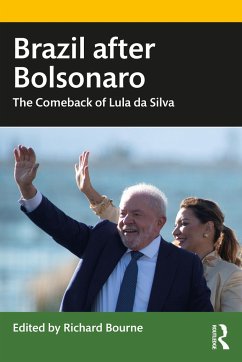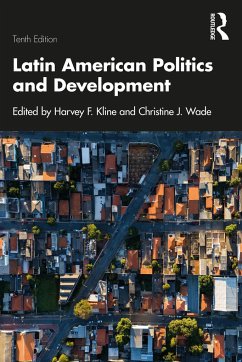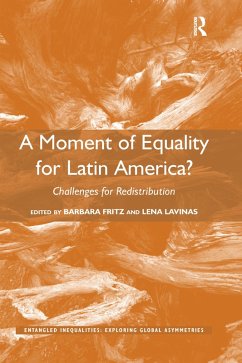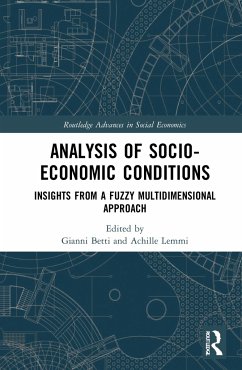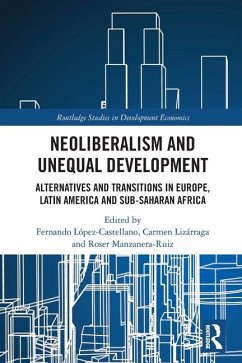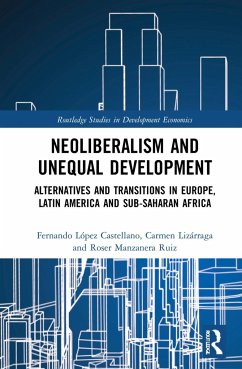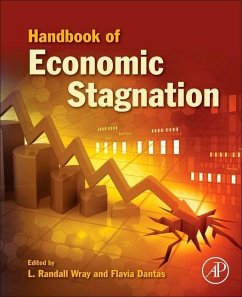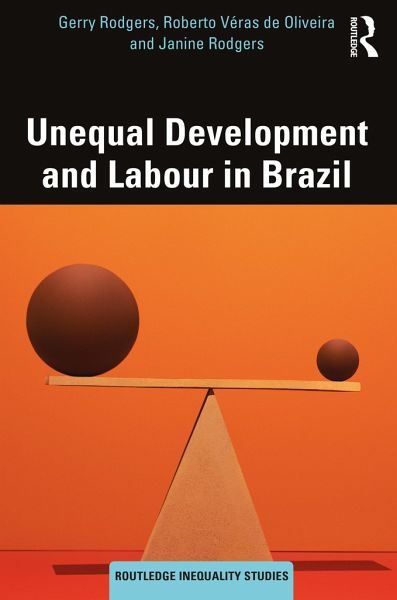
Unequal Development and Labour in Brazil
Versandkostenfrei!
Versandfertig in 6-10 Tagen
40,99 €
inkl. MwSt.
Weitere Ausgaben:

PAYBACK Punkte
20 °P sammeln!
This book is about unequal development and labour in Brazil, with particular reference to the economic and social development of the Northeast region, which has suffered persistent disadvantage.It combines a historical approach, which shows how economic, social and political institutions have been restructured over time, with an analysis of changes in the pattern of production, employment, unemployment and inequality up to the present day. It draws on detailed case studies to examine the connections between local and national production systems and critical labour market outcomes such as infor...
This book is about unequal development and labour in Brazil, with particular reference to the economic and social development of the Northeast region, which has suffered persistent disadvantage.
It combines a historical approach, which shows how economic, social and political institutions have been restructured over time, with an analysis of changes in the pattern of production, employment, unemployment and inequality up to the present day. It draws on detailed case studies to examine the connections between local and national production systems and critical labour market outcomes such as informality in employment, precarious work and disparities between genders, races and regions. The case of the Brazilian Northeast illustrates processes, relationships and policy debates that are important not only in Brazil but also elsewhere.
The book will be of interest to teachers, researchers and students in economics, sociology, labour and development; public officials and policy-makers; the international development community; and the general public interested in Latin American affairs. They will find in the book an original and systematic analysis of the factors underlying unequal development and how they respond to different policy regimes and suggestions about the issues that need to be addressed in the future.
It combines a historical approach, which shows how economic, social and political institutions have been restructured over time, with an analysis of changes in the pattern of production, employment, unemployment and inequality up to the present day. It draws on detailed case studies to examine the connections between local and national production systems and critical labour market outcomes such as informality in employment, precarious work and disparities between genders, races and regions. The case of the Brazilian Northeast illustrates processes, relationships and policy debates that are important not only in Brazil but also elsewhere.
The book will be of interest to teachers, researchers and students in economics, sociology, labour and development; public officials and policy-makers; the international development community; and the general public interested in Latin American affairs. They will find in the book an original and systematic analysis of the factors underlying unequal development and how they respond to different policy regimes and suggestions about the issues that need to be addressed in the future.






